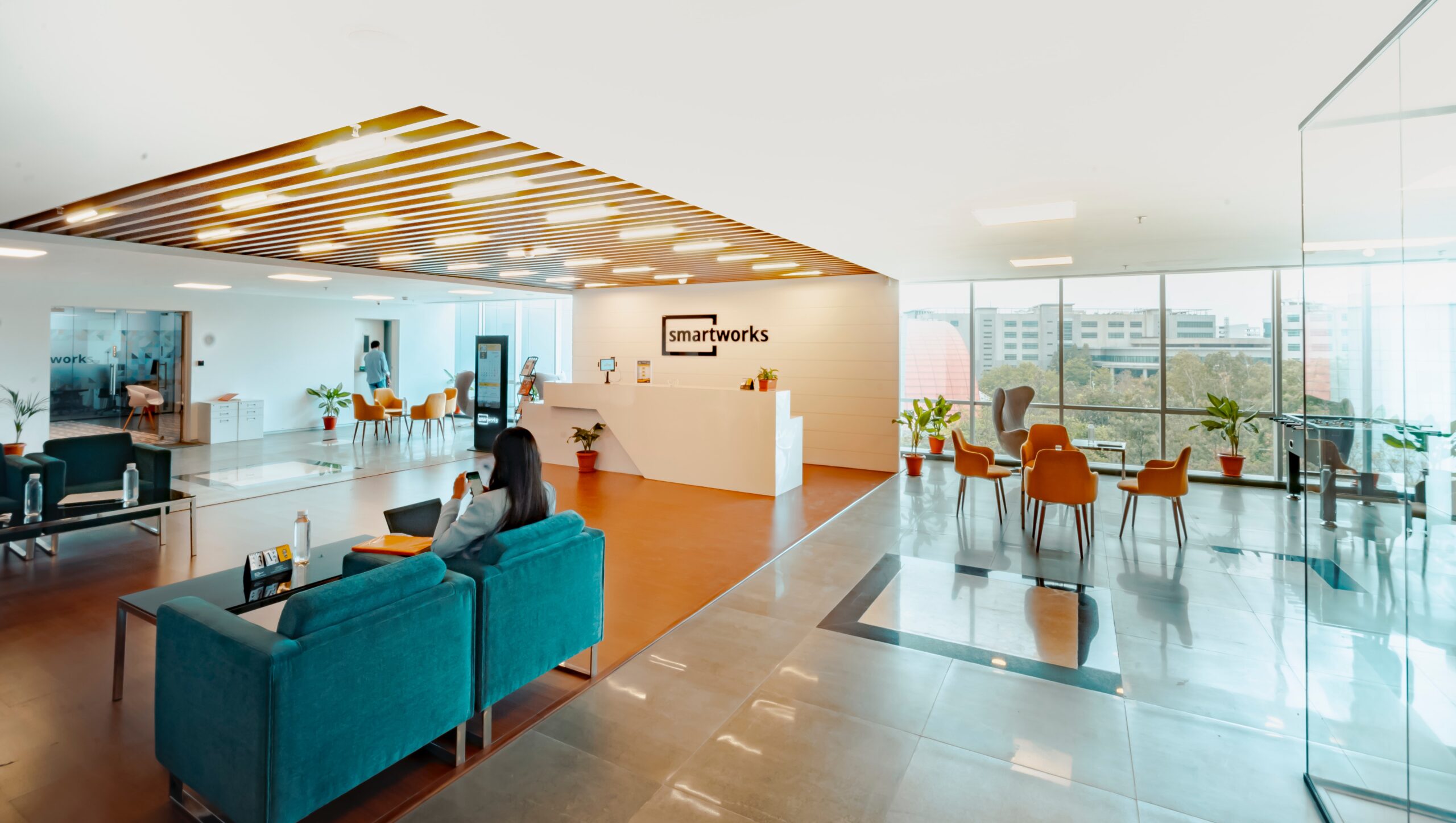A co-working space is an arrangement that sees workers from multiple establishments come together to share an office space that, by definition, is not owned by any employer or people working in it.
Co-working spaces are necessary and differ from your traditional office scene because employees who work in a shared office space work for other businesses.
Who needs a co-working space?
Whether running a small business that needs to move or plans to work remotely on the checklist, co-working spaces make the ideal work environment for freelancers and companies. As the rate of hybrid and motivated remote workers increases exponentially along with productivity at home luring more, the question is “what exactly is a co-working space” is often raised.
Not to mention, an arrangement such as this curbs expenses as workers would share equipment use, splitting the payment of the lease, facilities, and utilities.
Statistics say over 17,000 co-working spaces worldwide, projected to rise by another six percent in America and 13 percent globally, on or before 2023. And by no surprise, digital nomad statistics follow a similar trend.
When the concept of co-working spaces was first introduced, there weren’t more than 20 locations worldwide. Now, the demand for co-working spaces has increased beyond expectations.
There are speculations that co-working spots will make up more than 30% of the total office market. There could be up to 26,000 spaces for co-working by 2025, indicating a significant shift in the direction of the workforce.
This growth spurt has expanded co-working franchises worldwide. Sharing co-working spaces work for all businesses; startups, freelancers, small staff, and small or big companies can not only reduce stress but build relationships, eventual collaboration, or shared business initiatives.
Remote work and the availability of flexible workspaces have contributed to the growth of businesses in the past two years, and they have improved workers’ outlooks. Those who live far away from where they work can find a spot around to work, saving both time and money spent on transportation.
New tech tools and innovations pop up by the day to improve the landscape, so workers can easily carry out their duties and communicate with employers, whether in the office or a co-working space.
These co-working spaces are also advantageous for freelance workers and new businesses because the spaces give room for communication and brainstorming across different fields.
It provides a flexible and professional work environment designed to benefit workers.
The different types of co-working spaces
There are four known types of co-working spaces.
- Open workspaces: This space is cloistered with workers from different forms.
- Private workspaces: There are dedicated rooms in a building for each company’s team member in this space.
- Industry-specific workspaces: This space is often called “vertical-specific spaces” because it caters to workers in a particular industry who share everyday work experiences.
- Venture and incubation workspaces: A venture capital or incubator workspace is generally structured for start-ups and baby businesses to aid them in growing in their early years of business. Office spaces are usually less costly and sometimes offer capital or seed funding for these businesses.
How can co-working spaces change your life?
The shift in lifestyle, exponential social contacts, and personal freedom makes all the difference.
1. Provides workspaces for digital nomads and freelancers
There is no news that there is a surge in the numbers of digital nomads and freelancers now. Many are even renouncing their U.S. citizenship to turn to digital work-life permanently.
Having a co-working space has more advantages than perks for these people. For one, co-working spaces afford them the stability, comfort, amenities, and freedom they need to carry out their jobs effectively.
Co-working spaces often provide top-notch facilities such as high-speed internet, perfect working equipment, indoor navigation and 24/7 accessibility, which is perfect for workers whose work schedules aren’t tied down to the usual 9-5.
2. Opportunities to learn and network
A co-working space helps provide a type of social environment where people from different backgrounds, places, and companies can meet up and make connections.
This provides an avenue to establish friendships for workers who might be plagued with social awkwardness or loneliness.
Working in a diverse and vast environment also provided a platform to learn things, including soft skills that might help increase business productivity or birth new ideas and concepts for their companies.
One of the main advantages of being in a co-working space is that it builds a sense of community while removing the rigid structure and office politics of a fixed working environment.
Multiple studies show that:
- Workers tend to thrive better in the flexible working environment of co-working spaces.
- Workers feel more accessible and inspired by the lack of forced relationships and fixed interactions that sometimes come with the traditional working environment.
- Workers can grow, brainstorm and think of their leisure alongside professionals from other fields.
3. Better environmental impact
Sharing co-working spaces are a great tool for cutting down wastefulness in the workplace, thus creating a sustainable environment. How is this so?
Unlike traditional offices that require lots of space and a large expanse of land to accommodate the various offices for staff, a co-working space only requires less as different companies would be working under one roof.
Remember that your modern co-working space is also more eco-friendly when choosing lighting and appliances.
Because of the spacious layout, these offices are flooded with enough sunlight that they don’t need to use more than enough light bulbs, which may lead to a power drain.
This situation is avoided, especially as more co-working offices install clean tech such as LED lights renowned for conserving energy.
4. Working around others can keep you organized
Being organized entails focusing on tasks that make workers efficient, prioritizing them, and improving their performance on duty.
How does sharing a working space help with that? The answer is simple; productivity is infectious!
Working in a group setting can sometimes help with organizational agility. For remote workers, working from a shared space with other productive and organized workers builds the momentum inside them to be creative about completing tasks.
Summing up
It is no secret that human beings are social, but so are offices, a thing of the past. People tend to do better when they interact with others.
Innovations were born from the desire to solve problems. The only way to solve these problems is by interacting with people. Half the time, some of our best ideas come when we talk to others or just from being in the presence of other people, watching them go about their daily lives.
Co-working spaces are an excellent option for workers looking for a way to improve their creativity and output without traveling far from their homes.
Coming up with brilliant ideas every day is no mean feat. Still, the process is more straightforward if you work in a familiar environment that appeals to your subconscious senses and relaxes you, giving room for inspiration.
For years, researchers found it surprising that employees in co-working spaces thrive and achieve more productivity than those who work in regular offices.
From the factors we’ve considered, such as environmental factors, provision of a suitable work area, social benefits, and organizational aids, undoubtedly, energy comes with sharing workspaces with others.



































